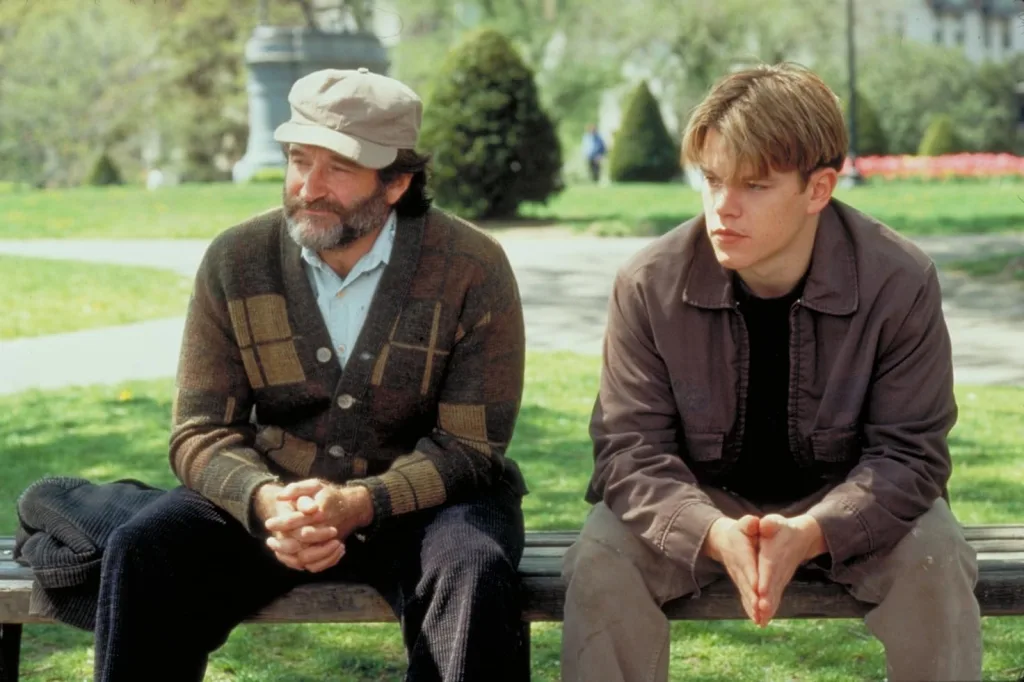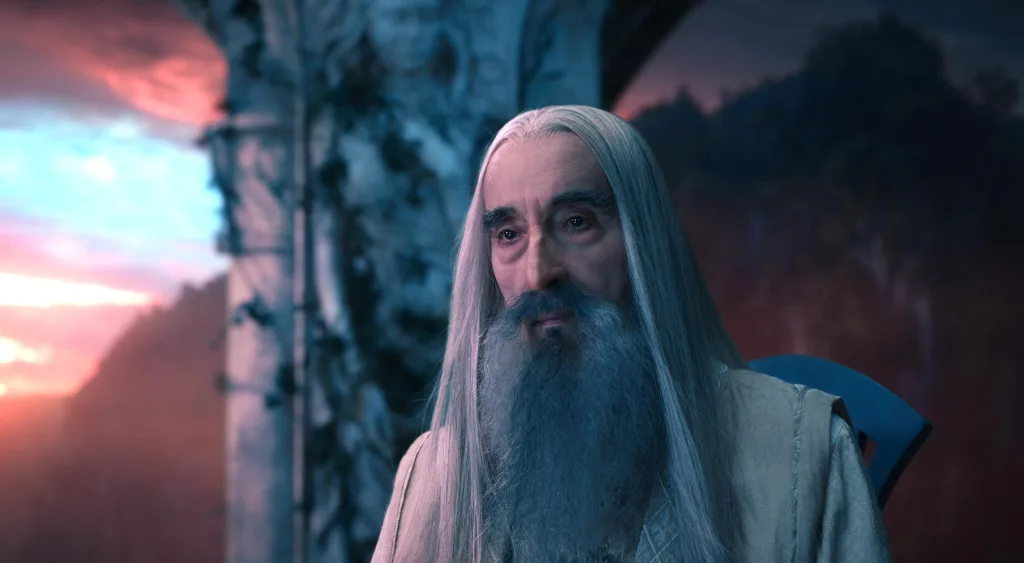One day, the wise wizard Gandalf visits Bilbo Baggins in his cozy and comfortable house in Bag End, the Shire, disrupting the hobbit’s peaceful existence. Gandalf invites Bilbo to go on a quest with thirteen dwarves to reclaim the Lonely Mountain, the dwarves’ homeland that is now occupied by the fearsome dragon Smaug.
Bilbo is the designated ‘burglar’. Not surprisingly, he is unsure about this adventure and his role in it. He is also terrified to leave his warm and comfortable home.
Bilbo is not alone in his reluctance. Most of the dwarves, after thoroughly plundering his food supplies, are not convinced by his clumsy and uncourageous appearance.
Despite the doubts, Bilbo realizes that complacently sitting out his days in his hole house, forever regretting his refusal to go on adventure, is an even scarier outlook. He decides to go.
The call of adventure
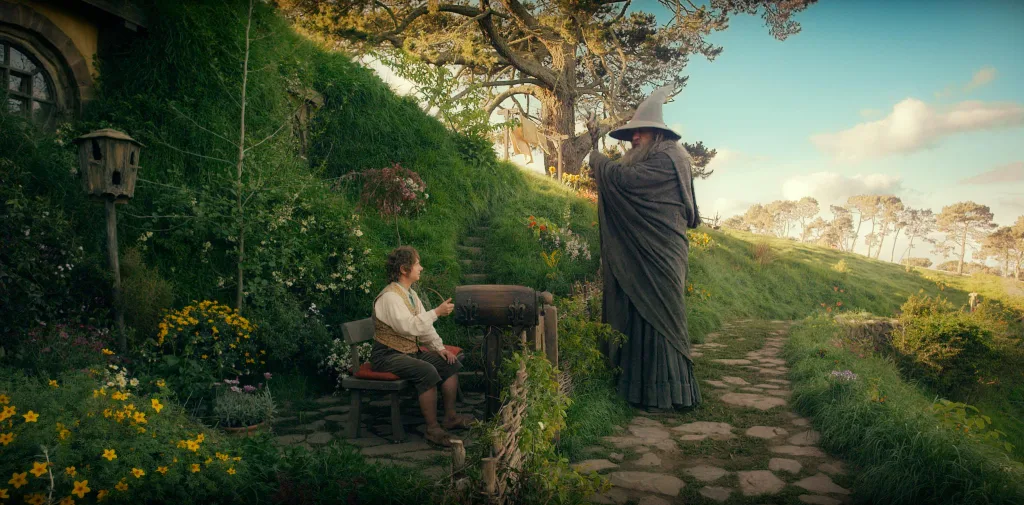
The start of the Hobbit follows the Hero’s Journey by the letter. The Hero’s Journey, documented by Joseph Campbell, is a popular pattern that we observe in most of the compelling stories featuring heroes. It starts with the call of adventure.
The call of adventure is an invitation to step out of your current restricted, or ‘normal’ world, out into the unknown, ‘special’ world. It is an opportunity to outgrow your prevailing beliefs. It is asking you to become something unordinary and not necessarily something saintly or good. Indeed, Bilbo is not asked to become the company’s righteous warrior, he is requested to become the burglar.
Recognizing the call
In The Hobbit, Bilbo is called to adventure by Gandalf. Gandalf is a wise wizard who is aware of all the forces, good or evil, ruling Middle Earth. He is the one that knows, at least intuitively, what part Bilbo needs to play to best serve himself and the rest of the world. Psychologically speaking, Gandalf represents The Self: the “archetype of wholeness and the regulating center of the psyche“. This driving force invites heroes on their journey towards psychological integrity.
In The Unfinished Tales, The Quest of Erebor, we learn that Gandalf chooses Bilbo for three primary reasons.
- Gandalf knows Bilbo since he was a child. As a youth, Bilbo dreamed of being a dashing adventurer who wore a sword instead of a walking-stick. Currently, Bilbo is far from that ideal. He has even gotten a little fat and lazy.
- Bilbo possesses exactly the right traits for a burglar, as he has an inclination towards stealth, especially compared to the loud dwarves. He is also born into a family full of adventurers.
- Gandalf possesses an intuitive certainty that Bilbo has a crucial role to play in the quest. Later in the story the wizard says, “I knew in my heart that Bilbo must go with [Thorin], or the whole quest would be a failure.”
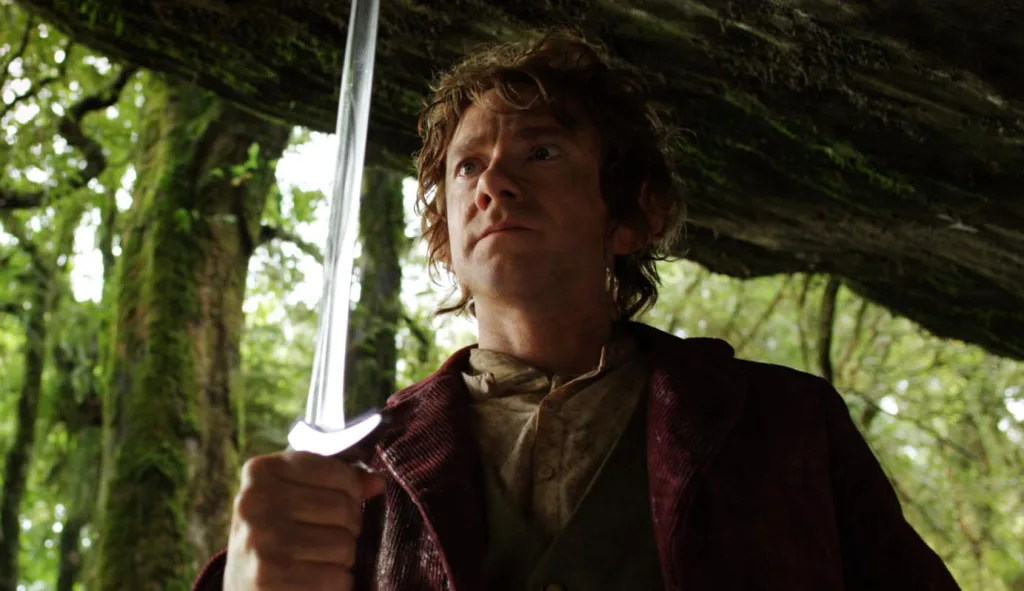
So, the call aligns perfectly with your specific skillset. Gandalf chooses Bilbo to become the burglar because he is stealthy, light on his feet, and unassuming to the dragon Smaug. It also turns out that the journey the call invites you on is exactly what you and everyone else need at that moment to move forward. Because Bilbo embarks on the quest to the Lonely Mountain, he comes into possession of the One Ring after taking it from Gollum, such that it stays out of the hands of Sauron.
Your call of adventure is not what you rationally expected or what you chose (like the saying ‘the wand chooses the wizard’ indicates). It is something instinctive, something you weren’t able to suppress as a child, that perfectly harmonizes with your talents and heritage. When accepted, it takes you onto a deeply meaningful and transformative journey into the unknown. At the end awaits the ultimate reward, the elixir that benefits all and restores balance to the known world.
Overcoming fear by choice
In the Hero’s Journey, the call is initially refused. Bilbo too turns down the offer to act as the burglar of the company of Dwarves. The main reason for this is fear of the unknown.
Refusing the call produces a lot of inner turmoil. In The Hobbit, we notice that Bilbo doesn’t feel at peace with himself when the company has left his comfortable home. Many numb the fear and feeling of uneasiness with alcohol or other substances. They stall the inevitable.
Luckily, because of Bilbo’s nagging desire for adventure, he chooses to follow Gandalf and the Dwarves, even before they can leave the Shire. Although he is worried he is no real burglar and the prospect of facing a terrifying dragon intimidates him, Bilbo is not completely petrified by his anxiety. That requires courage and inner strength.
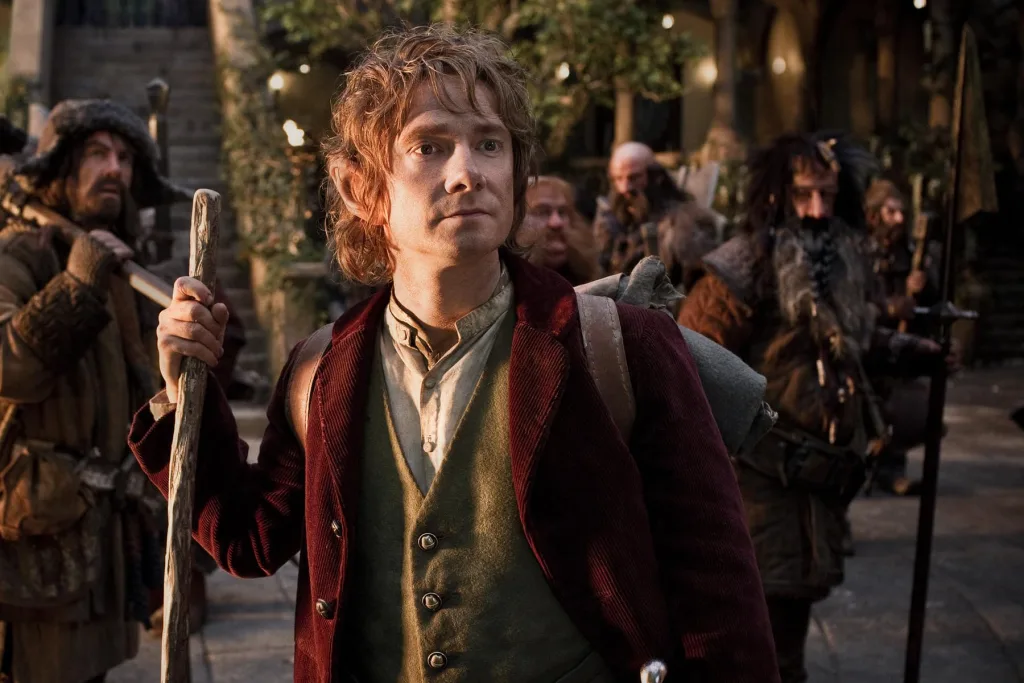
Heroes are the embodiment of courage. Andy Dufresne (Tim Robbins), the wrongfully convicted hero from The Shawshank Redemption, possesses great inner strength too. He tells us “there’s a… there’s something inside that they can’t get to and they… they can’t touch. It’s yours. ” That thing that no one can touch is your ability to choose your own way. It is the attitude you have towards life.
Andy too did not choose to become a prison inmate, and he is, in fact, completely innocent. But despite this conviction, he chooses to use his abilities with numbers and banking to launder money for the prison’s warden. And in the end, that decision leads to his eventual redemption and the overthrow of corruption in the prison. He acquires the elixir, his own freedom and peace of mind, at the end of his Hero’s Journey and grows from the experience in strength of character.
The call to adventure beckons us all, not as a logical decision, but as an intuitive pull. Like Bilbo, you may initially hesitate, fearing the unknown and clinging to the familiar safety. By deciding to face your fears, you embark on the transformative journey. It is about choosing courage over comfort. However small that decision is, if it is in the right direction, it will get you to the elixir that brings you the freedom you long for. The journey may be challenging, but the rewards are immeasurable.
All images on this page are copyrighted by Warner Bros. Entertainment Inc. and are used here for illustrative purposes under fair use. No infringement intended.

